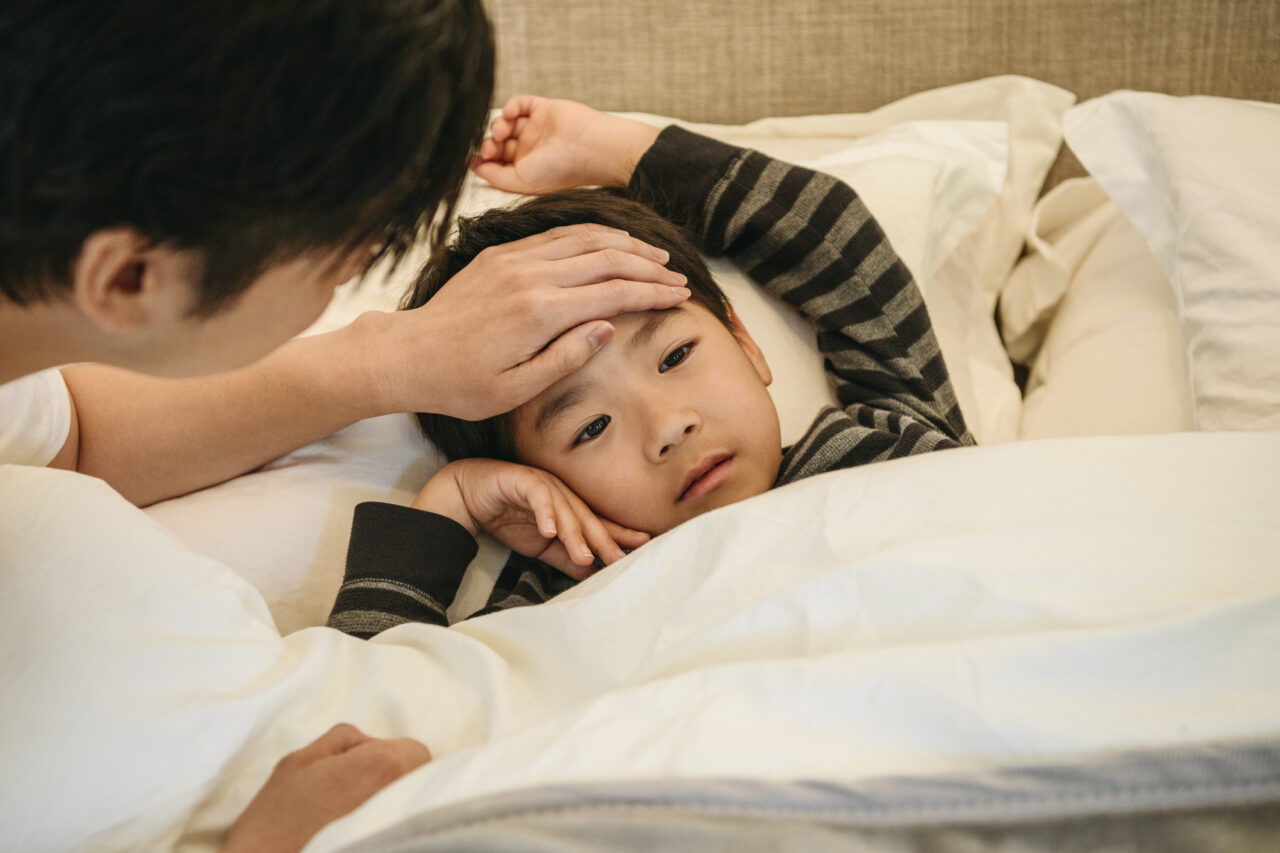Have you heard about friends and neighbors getting sick from the “stomach flu?” This is usually not from influenza, but instead caused by norovirus. Outbreaks have been reported recently in several states, including California, according to the Centers for Disease Control and Prevention. Known to reemerge in the winter, this highly contagious virus is notorious for causing vomiting, diarrhea, stomach pain and nausea.
Children can get norovirus from having direct contact with an infected person, touching one’s mouth after touching contaminated surfaces, and eating/drinking contaminated food/water.
PREVENTION
You and your children can help protect yourselves and others by washing your hands thoroughly with soap and water for at least 20 seconds after using the toilet or changing diapers; before eating, preparing or handling food; and before giving yourself or someone else medicine.
Hand sanitizers are not effective against norovirus and are not a substitute for washing hands thoroughly with warm water and soap.
THE SYMPTOMS
Norovirus causes acute gastroenteritis – the inflammation of the stomach or intestines. The most common symptoms are nausea, vomiting, diarrhea, and stomach pain, which develop 12 to 48 hours after exposure to the virus. Other symptoms include fever, headache and body aches. There are no specific medicines to treat norovirus illness, but most infected children get better within one to three days, though diarrhea can sometimes persist as long as five to seven days.
Although children are most contagious when showing acute symptoms, keep in mind that children can still spread norovirus for two weeks or more after they feel better. That’s why it’s important for them to wash their hands thoroughly and consistently.
PREVENT DEHYDRATION
Still, parents need to keep an eye on the risk of dehydration, especially in infants and toddlers, who may be unusually sleepy or fussy and cry with few to no tears. Dehydration symptoms include a decrease in urination, dry mouth and throat, and dizziness when standing up.
Your child may not want to eat very much when sick with norovirus, and that is okay. The most important thing is to make sure they stay hydrated. Children who have norovirus should drink plenty of liquids to replace fluids. Although sports drinks and other drinks can help with mild dehydration, they may not replace important nutrients and minerals. Over-the-counter oral rehydration fluids are most helpful for children who are mildly dehydrated.
WHEN TO CALL THE DOCTOR
Call Hoag Medical Group’s 24/7 nurse triage line with any questions and concerns about your child. The experienced team can assist you and let you know when it is necessary to see a doctor. If an appointment is needed, Hoag Medical Group Pediatrics provides same day appointments.
SOURCES
Centers for Disease Control and Prevention: https://www.cdc.gov/norovirus/reporting/calicinet/data.html
Nemours KidsHealth: https://kidshealth.org/en/parents/norovirus.html



